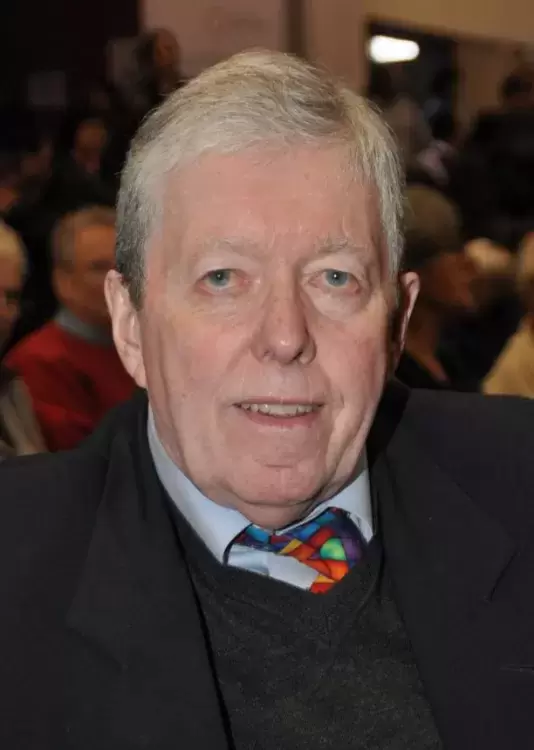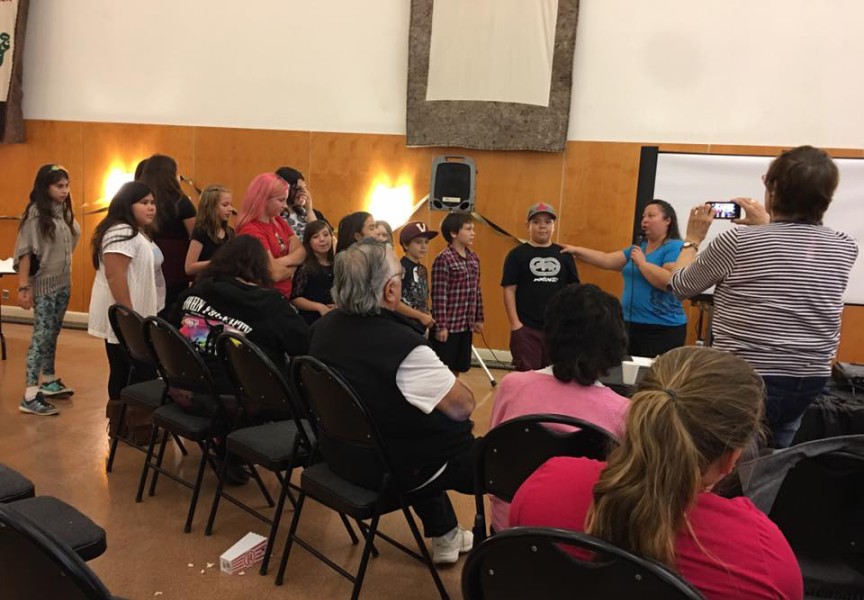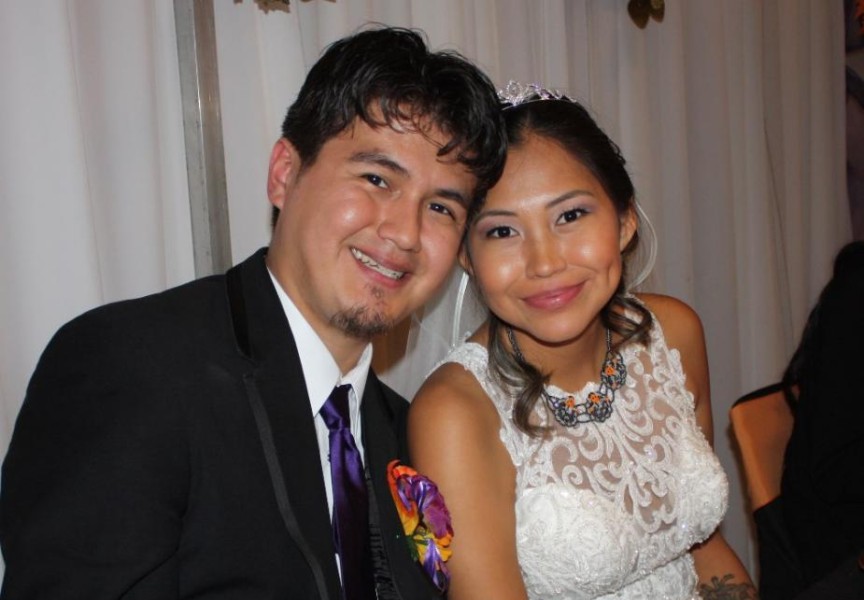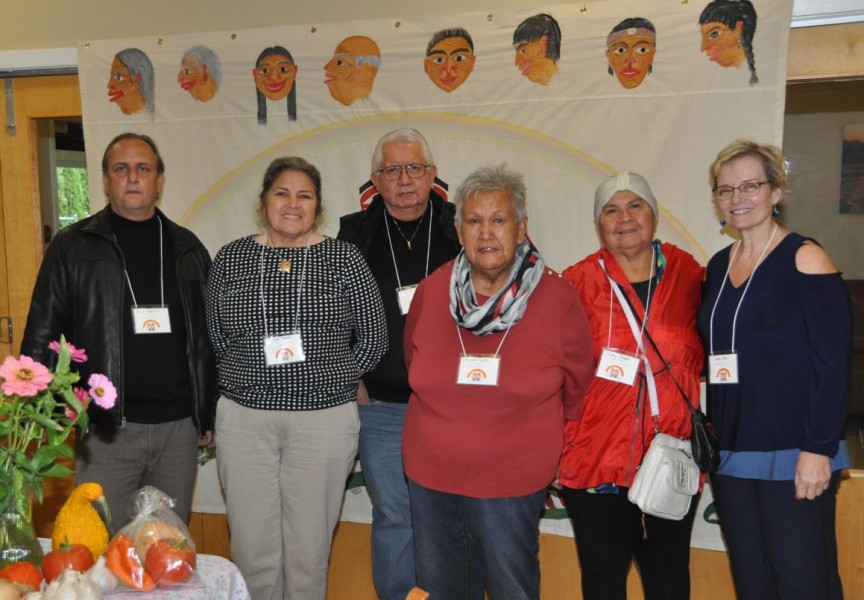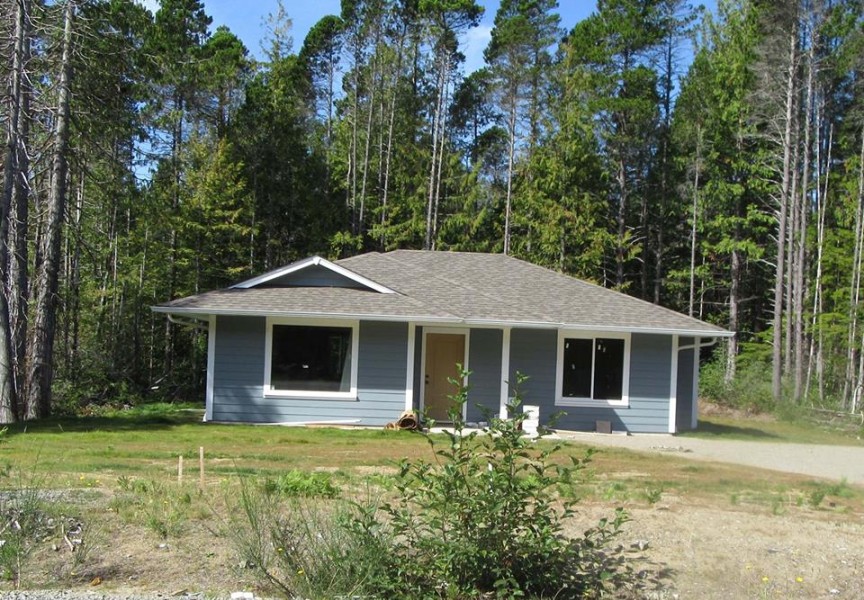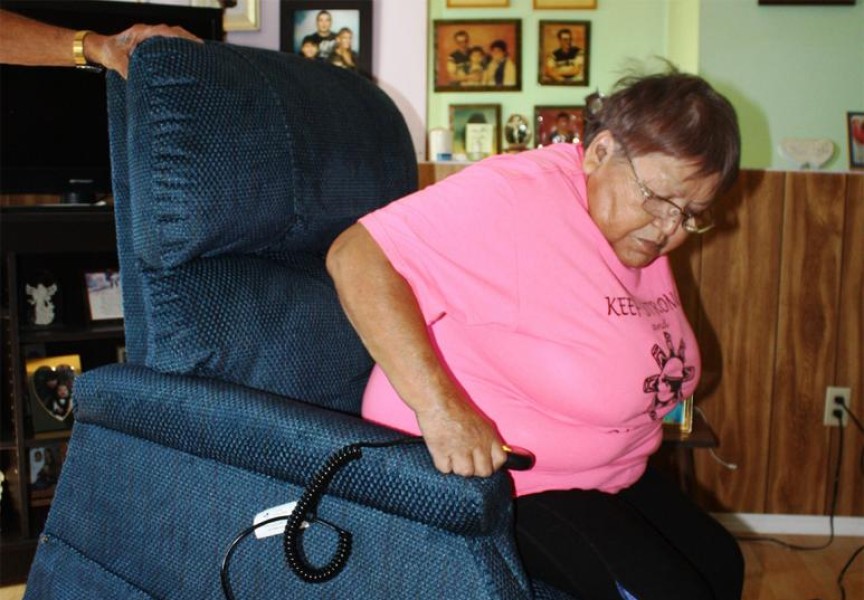For United Church minister and former Member of Parliament David MacDonald, “there is no larger conspiracy of silence” than the one surrounding Canada’s residential schools.
MacDonald serves as special advisor to the United Church Committee on Indigenous Justice and Residential Schools and was once a Progressive Conservative MP in the Prince Edward Island riding of Prince (later Egmont), first elected in 1965.
He attended the Truth and Reconciliation public hearings March 12 and 13 at Maht Mahs Gym in Port Alberni to listen to the testimony of residential school survivors.
“I have been deeply involved with the Truth and Reconciliation Commission [since] it was first created eight years ago,” MacDonald said.
That process actually began 14 years ago when the United Church, which ran the Alberni Indian Residential School, asked MacDonald to serve as an advisor “for a few months” while the church and the federal government dealt with the first flood of lawsuits filed by residential school survivors.
“Nobody knew how many lawsuits there were going to be,” MacDonald said. “There was the Blackwater case out of Alberni where 25 survivors filed suit. The question became, ‘What is the liability?’”
MacDonald said, at first, the federal government attempted to disclaim liability, maintaining that the six churches that maintained all but 19 of Canada’s residential schools bore full responsibility for any legal settlements.
“There was a good deal of acrimony, and it resulted in a three-way fight, with survivors suing the churches, the churches suing the government and the survivors then suing the government,” MacDonald said.
MacDonald credits his long-time friend and iconic First Nations leader George Erasmus, head of the Aboriginal Healing Foundation, with kick-starting the TRC process.
“I had asked him to speak in Prince Edward Island, and he threw out a challenge, calling on the federal government to conduct a public inquiry on residential schools,” MacDonald said. “The body that really brought it into action was the Assembly of First Nations, under Phil Fontaine.”
What MacDonald now finds hard to believe is the level of public ignorance–his own included–about what was happening in the residential school system for generations.
“It is shocking to say I knew nothing about Indian residential schools, even as a Member of Parliament, even as those schools began closing down in the late 1960s,” he said. “In 1979-1980, I was a cabinet minister (Communications) in the [Joe] Clark government, responsible for Metis and non-Status Indians. I was also chair of the Cabinet committee that dealt with aboriginal affairs, and the subject of residential schools never came up once. I have absolutely no idea how that is possible.”
The shock hit even closer to home when the first lawsuits emerged and the Canadian public began to take notice.
“I had a reserve in my riding, and people from the reserve went to the [Shubenecadie] residential school in Halifax,” MacDonald said. “I have since re-connected with friends who I knew 40 years ago, and I never knew they had been to the schools.”
MacDonald blames the reserve system itself for fostering a sense of futility and isolation, and “a deafening silence” both on-reserve and off-reserve about a system that was designed to assimilate indigenous people and erase their cultural memory.
“In my political career we dealt with the divide between the English and the French, but while that was going on, nobody paid any attention to what was going on with the indigenous peoples of Canada,” MacDonald said.
MacDonald is no stranger to peoples in crisis. Following his electoral defeat in 1980, he spent several years working on famine relief in Africa, before being appointed Canadian Ambassador to Ethiopia under the Brian Mulroney government. He was re-elected in Toronto-Rosedale in 1988 and served through 1993.
MacDonald said he now recognizes the connection between culture and resilience for Canada’s First Nations, Inuit and Metis people.
“What amazes me is the diversity across this country. Particularly in Ontario, as we’ve seen in Attawapiskat, there are lots of places where people are living in remote, precarious places,” he said. “It is far more encouraging in the Far West and Far North, in those communities where the culture was able to survive.”
As a result of that diversity, MacDonald believes the road to recovery is going to become more “complicated.” What he finds encouraging is the shift in the national dialogue, as the full picture of the residential school system has been revealed.
“The original focus was on the criminal abuse–the sexual abuse–but that got to change after the Harper government issued the apology (June 11, 2008),” MacDonald said. “Since then, the greater impact has come forward, and it has taken the focus away from the pedophiles like [Arthur Henry] Plint and focused on the reason why the schools were there.”
In his apology before the House of Commons, Harper acknowledged that the policy of assimilation was wrong, and “has had a lasting and damaging impact on aboriginal culture, heritage and language.”
MacDonald said the United Church signed an agreement with Ottawa in 1996-1997 in which its financial liability was capped. While the financial obligation has been settled, MacDonald said the United Church now bears “the ultimate moral responsibility” to move beyond the apology and to fight for social justice for Canada’s indigenous peoples in areas such as land claims and treaty negotiations.

